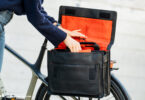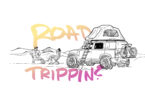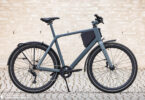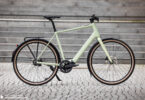One of the most highly regarded ebike brands around, Riese & Müller get heaped with praise when it comes to functionality, design and sustainability. We paid a visit to their HQ in Darmstadt, Germany, to sit down with CEO Dr. Sandra Wolf and talk through what the most important developments in technology and society mean for ebikes, cars, retail trade and how to bring more progress to the bike industry.
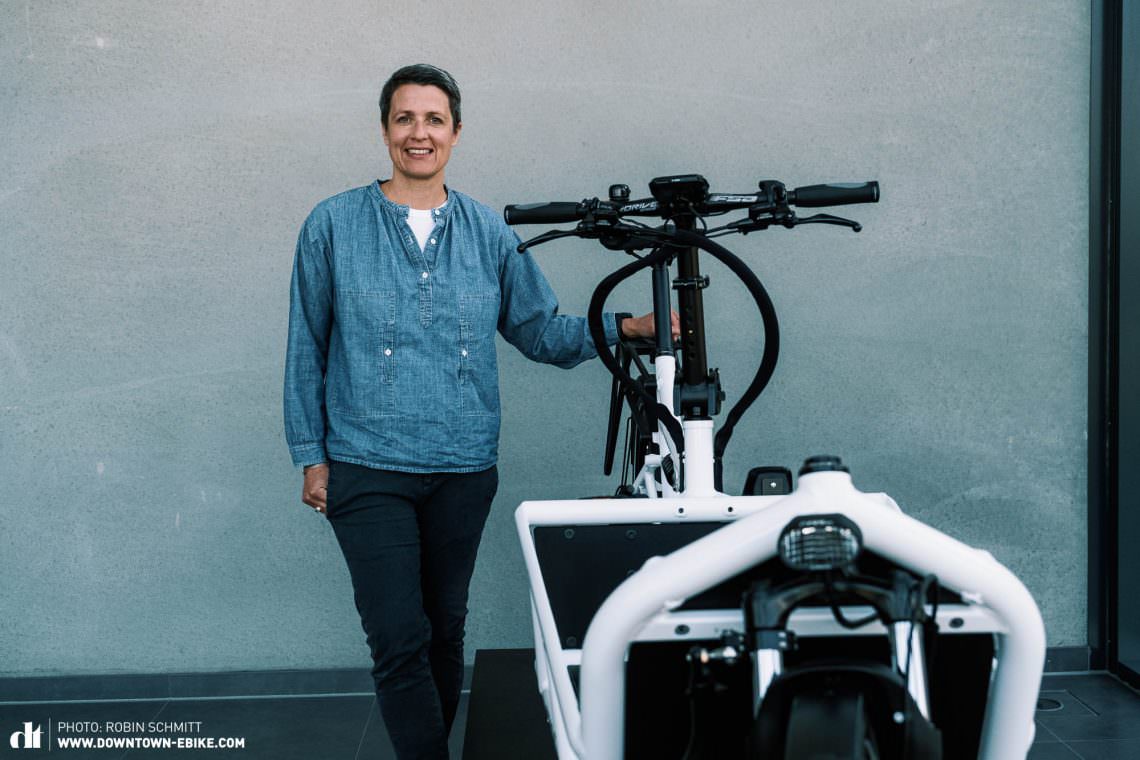
DOWNTOWN
Before we get straight to business, can you tell us about how you found yourself at Riese & Müller and what excites you about the work you do here?
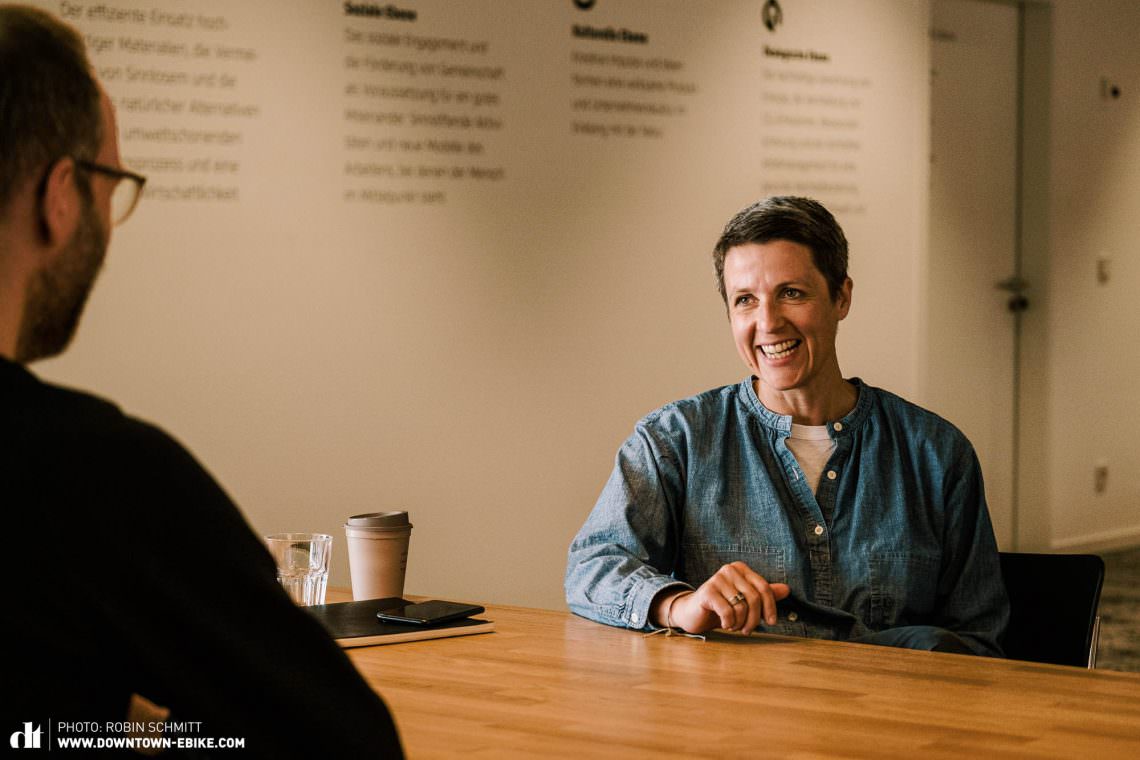
Sandra
I studied business at university and focused my work on family-run businesses and the culture surrounding them after doing my PhD. About 20 years ago I moved into the bike industry and began working at Riese & Müller in 2013. I’ve always been somebody that looks at topics that are both long-term and universal. That’s why I worked so much in brand strategy, consulting and brand development, as a freelancer for much of that time. My aim is to communicate the value of a brand and unlock opportunities. Many companies still tend to be built on artificial cultures, so my goal has been to help them work out their genuine values and find ways to express these.
The authentic company culture at Riese & Müller is such an important part of the business. The interplay of having three CEOs is fantastic. Markus Riese brought me in to run it alongside him and co-founder Heiko Müller. We each bring our own approach to the brand and work autonomously. Markus and Heiko have always worked in this way. It obviously works really effectively as the two founders and friends have kept it going over 30 years.
I absolutely love cycling, particularly with a cargo bike. I actually can’t remember the last time I used the car. It must have been at least three months ago. I rarely use it unless I’ve got an appointment or am going somewhere that’s further than, say, 25 kilometres away.
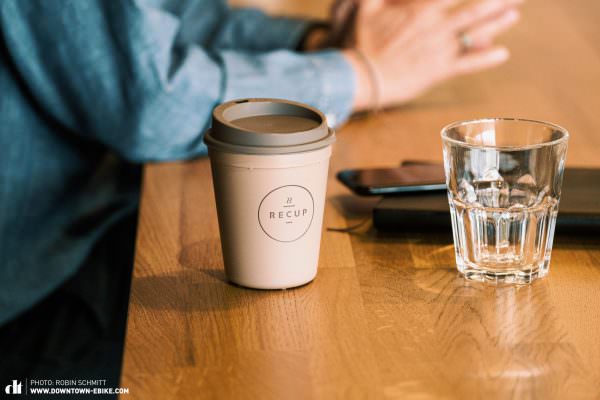
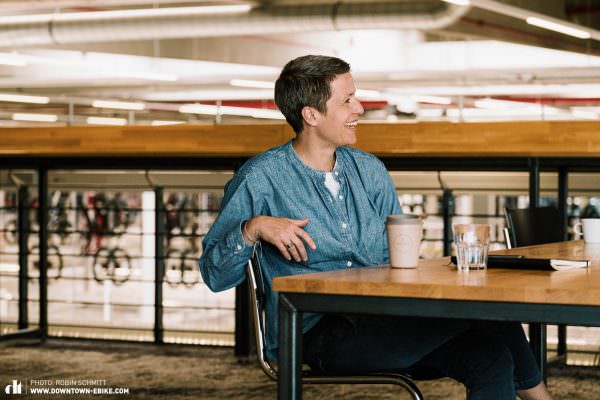
DOWNTOWN
Throughout the years, Riese & Müller have grown from working out of a garage to becoming one of the best-regarded players in the industry. In recent years it’s had a shift of image as well. What’s the secret?
Sandra
Riese & Müller have an incredibly solid base to work from: the engineering in the products. Function comes first. Sure, style is great and I’m a huge fan of product design but only when it’s part of a well-functioning, purpose-driven product. Satisfying the needs of the rider needs to be paramount – after that it comes down to translating that into a product that works. This is how Riese & Müller started and they’ve kept this principle at their core.
Their bikes were essentially products of engineering for many years. It was pretty easy to guess that both founders had backgrounds in that field. But over the years we’ve understood how and where product design needs to be incorporated. The role of product design is to ensure that the final product is something that people want to ride, helping dial in the right combination of function and design to get the desired reaction. It’s like shoes, they need to be comfortable but also stylish. Design is how the brand wants to express itself and what it wants to say. Why does a brand do such-and-such? Why does that product appeal to that target market? Riese & Müller isn’t short of stories. Each product displays the name Markus and Heiko, which links to the heritage of the brand being founded in a garage, though they’ve picked up a lot along the way. Each of our products is a combination of function, product design and the daily input of each of the founders. That’s what defines our brand.
When it comes to branding, I’ve tried to communicate what the company stands for. Not necessarily as a way to recreate or rethink anything but to find out what people want: a genuine story of engineering merged with design. Something with a difference. Not your standard, off-the-shelf product.
Our strength: Story of engineering merged with design, off-the-shelf product.
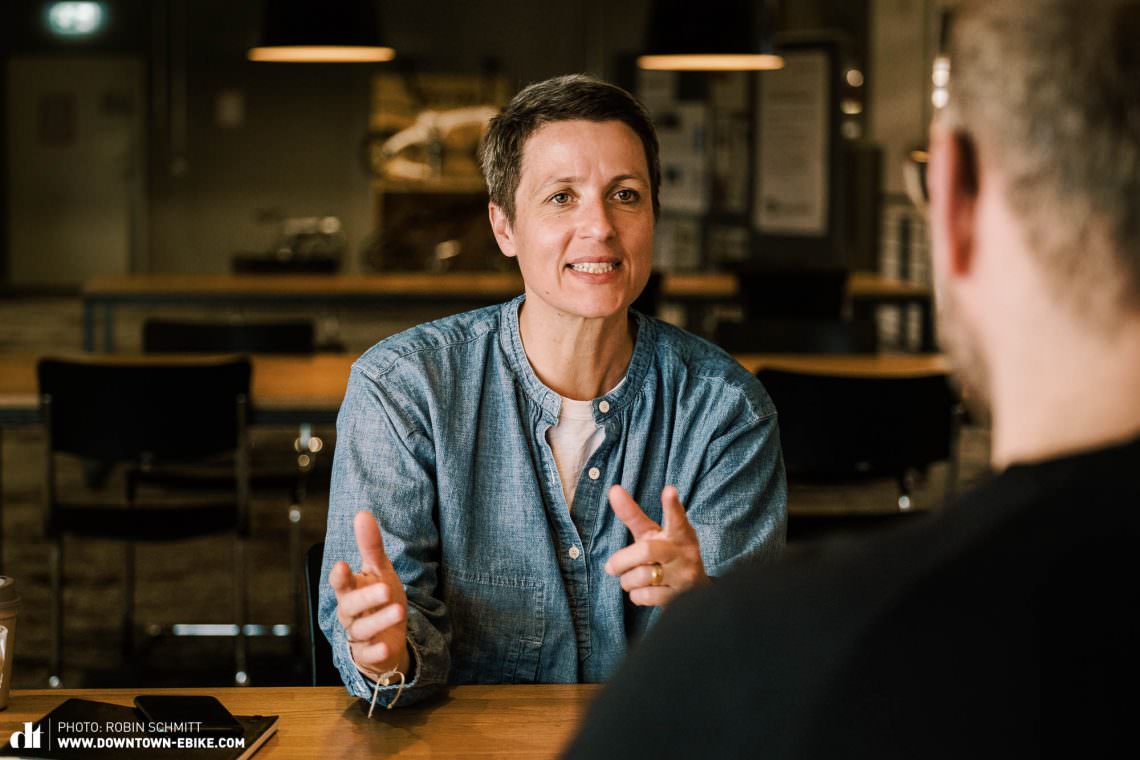
DOWNTOWN
Sustainability sounds like it is a key value for the company. How do you approach that?
Sandra
Right from the start Markus and Heiko have always been really economical with resources. Then, a few years ago, sustainability became an even bigger topic with our new building. We wouldn’t have been happy if we’d thrown every resource going at it to keep it running; it wouldn’t sit well with our principles. So we grew and we wanted to get away from the motorway and into the countryside. We really wanted to have space for our products, which also happen to be environmentally friendly. We transferred that green mindset to the building, adding solar panels, recycling and a minimal waste approach. We wouldn’t consider air conditioning even if there are some days when it’s a bit warm. An eco-conscious lifestyle is more and more important and we want to amplify this message within the bike industry, helping to actively shape it. You begin with the notion of replacing cars with bikes and develop into sustainable production. As a mid-sized, even verging on big, business, we know that we have a role to play and we can set a good example. Part of our future strategy includes influencing the industry to introduce better, more sustainable standards on every level.
DOWNTOWN
Alternative mobility is a massive topic at the moment. E-mobility is getting a big boost from every direction. What is your perspective on recent developments?
Sandra
Since the outbreak of the pandemic we’ve seen that a new dynamic can emerge when other factors come into play. The virus has been so unprecedented that you couldn’t have predicted the impact it would have on cycling for us. There have been developments that would never have been previously considered. Take bicycle lanes, for instance: developing those used to take an eternity, but now we’re seeing many European cities prioritise cycling and actively open these up to bike users. More and more people are reducing car use and acknowledging that there’s space for bikes in their lives. And that bikes are actually pretty great.
Now is the time for brave decisions to be made, especially when it comes to minimising car domination in the cities brought on by the increase in bike usage.
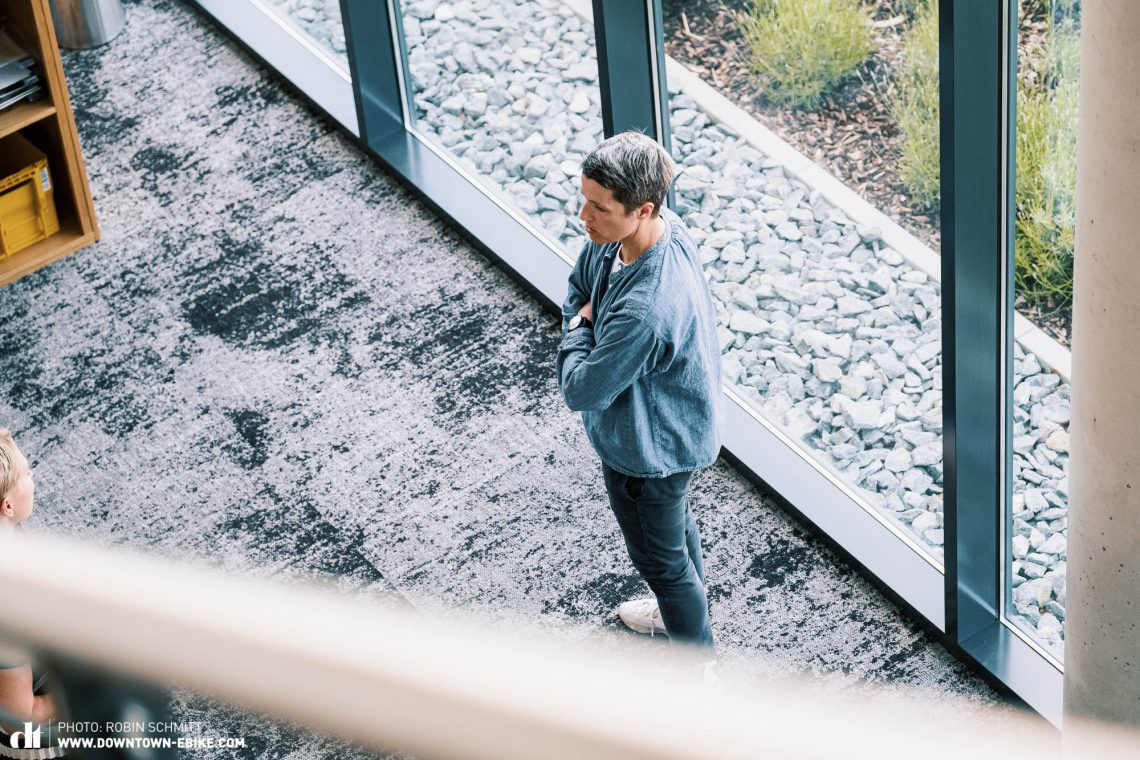
DOWNTOWN
What’s the understanding of Riese & Müller on the topic of changing urban mobility habits? Will the bike topple the car in popularity?
Sandra
We’re committed to developing a new way for mobility, which starts with a look at product development: what are the determining factors to ensure that a certain route is as good, if not better, by bike than by car? Product development has to provoke a response within the user, leading them to question, “Why did I rely on my car for so long?” Times are changing. People are more accepting of helmets, nowadays. A growing group of people are falling out of love with cars. They are no longer willing to scrimp on their home, holiday or free time in order to have a car taking up vital space in their life. Connectivity and entertainment are more important to them now. There are people who, in pre-pandemic times, would never have considered doing errands by bike, but now they’ve tried it and they’re convinced. No traffic jams, no hassle to park. They ride directly to the store and pull up outside, easy.
Then above all this, sophisticated products with a good finish are an eye-pleaser. There are digital and technical features that rival the tech you find in most cars these days. Of course, I appreciate that some people love a Sunday ride in their Oldtimer and there’s a place for that too. You see that SUVs, offering that sense of protection from the outside world, are falling out of favour with many people while bikes are stepping up thanks to the increased awareness of the environment.
We`re aware that even though we’ve got the products, we can’t influence the whole world. All we can do is continue to provide a positive example and show how we can all contribute. The world needs to capitalise on the current change in attitude by acting on it. Everything that was once an impossibility for bikes but is now happening, needs to keep happening. Bike and pedestrian-friendly city centres, designated roads for cycling and playing outside and other similar concepts. If there’s one good thing to come from the crisis, it’s that this is now a topic and that people are having conversations that simply weren’t possible before.
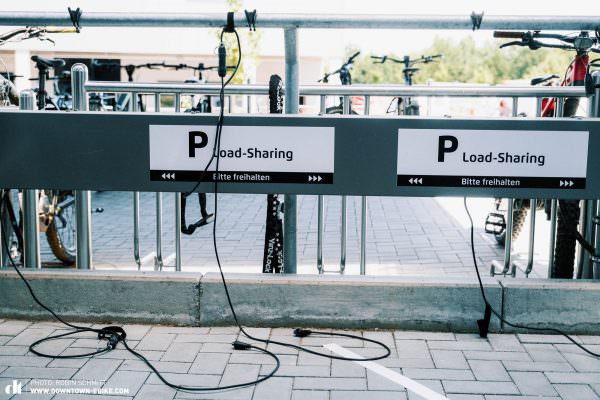
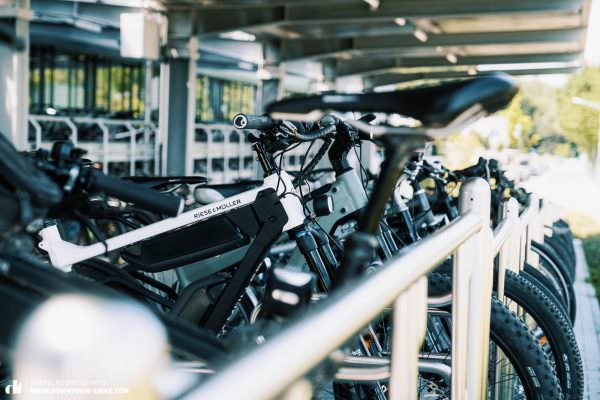
DOWNTOWN
Coronavirus has been something of a catalyst for growth in the bike world. Which developments in terms of technology and society do you think will shape the future of our industry?
Sandra
Connectivity is going to be a massive topic. There are many positive steps in technology such as theft protection, like our RX Connect concept which has had a 100% success rate with its GPS tracker. There are so many features to incorporate and there’s no sign of developments slowing down – everything from lane recognition to communicating with our vehicles. The key aspect is improving safety even more. Product development is already tying in components like horns, dipped beams and indicators. Multi-modal transport, how to link a journey with the car or train, is another trend, which goes alongside the idea of sharing schemes. A bike isn’t just a bike, it’s part of a sustainable, good-for-the-planet mobility system that everyone can experience how they like.
Cargo bikes are such a great example of multifacetedness. Look at how kids get to school these days and you realise how this sort of mobility can help little ones to socialise. Children that grow up with cargo bikes are instilled with a new understanding of mobility than those who are ferried to and from school in a car their whole life. Local politics needs to step up here to guarantee ample, safe bicycle parking at schools and in public spaces.
Acceptance seems to be present across the board. The market is getting younger, especially for ebikes. When public transport is out of favour with a lot of young people, ebikes can fill this gap. Isn’t it a good thing if the perception of ebikes is that they’re now cooler?
You can really sense the changes in society. It’s markedly bigger than the boom that happened when mountain biking took off. Perhaps one of the main drivers is the extent to which our landscape has become urbanised and that driving has become so much more stressful.
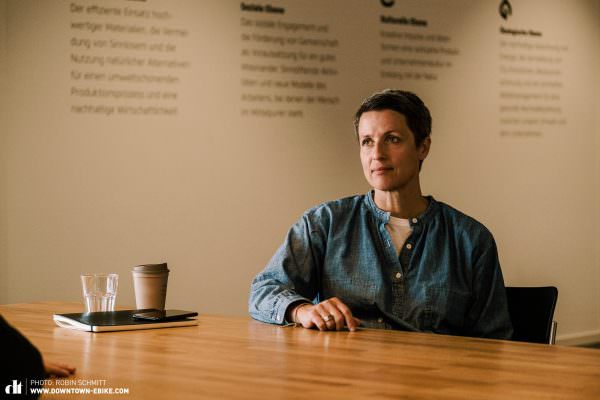
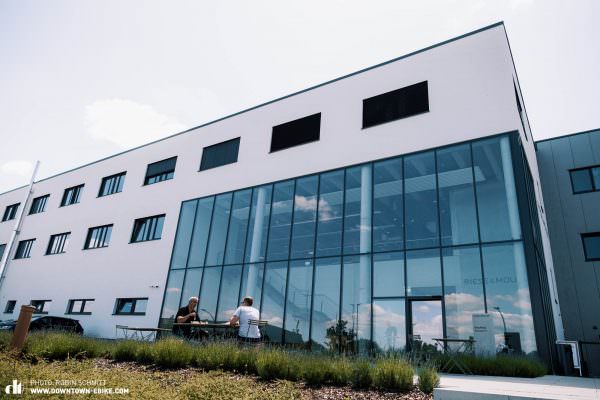
DOWNTOWN
We’ve also seen major changes in terms of how retail functions: new target markets, digitalisation and multi-channel approaches. How do we make the thought of purchasing a bike easier and more appealing?
Sandra
Brick-and-mortar stores are an important element for Riese & Müller. For our customers, they’re the contact point for servicing and repairs. There’s been so much progress in this landscape in recent years, like the launch of amazing concept stores that might not be huge in terms of size but bring such a great vision. Bike shops offer such variety, with everything from apparel to rentals or sharing schemes. Retailers play an ever-increasing role in terms of community as well. Rapha is a great example of that.
Looking at it digitally, that’s getting bigger all the time – we don’t sell directly online, but with other brands, you’ve got choices to click and collect or mail order a product. As so many brick-and-mortar stores have been closed during the pandemic, it’s been fascinating to see what has emerged. It’s so different from how it used to be when you’d inherit a bike shop from your parents. Nowadays it’s young people creating visionary spaces and stores that are imbued with their lifestyle.
DOWNTOWN
What would you like to see happen in the bike industry?
Sandra
It’s a long-held dream of mine that we, as a big company, differentiate ourselves and take on the responsibility of a new sector of the industry. By that I mean, developing something that’s sustainable and not limited by cost-effectiveness. We want to find out the needs of individuals and what challenges they face in their environments. I think it’s crucial that we have a voice within politics and that we have the opportunity to be heard – especially when your company is of a certain size. The bike industry has so many brands these days and we’d achieve a lot more together if everyone could understand that our responsibility goes beyond simply building bikes.
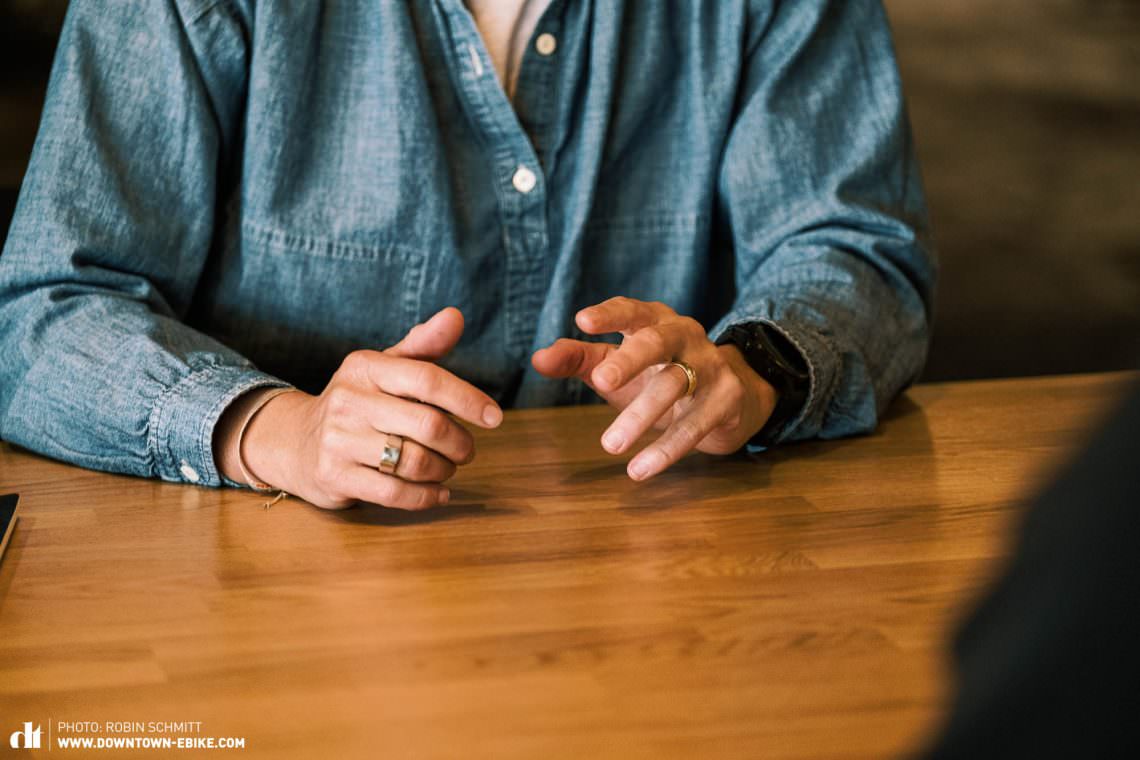
DOWNTOWN
How do you see urban mobility developing globally?
Sandra
Current progress is limited, but it is happening, and bit by bit we’re seeing new biking hot spots emerge––places like Detroit, Seattle, San Francisco and Sydney where bikes are becoming part of the narrative. New Zealand is also seeing mega growth at the moment and so is Europe, especially Spain. In Italy, there’s a decisive shift from Vespas to ebikes. Of course, certain countries are lagging behind and many don’t even have the infrastructure to start the growth yet. It’s time for politicians to shift their priorities to alternative mobility.
My personal perception is that these developments are only possible in places where cars have had their day. China, for example, is not a market just yet. They’re still swept up in the belief that big cars are a demonstration of wealth.
Here, in Germany, we’ve done the hard work and we can now liberate ourselves from cars. The idea of alternative mobility, as we envision it, can now start to find its footing.
DOWNTOWN
Thanks Sandra, it has been great talking to you! Good luck with your continued endeavours!
For more information head to www.r-m.de
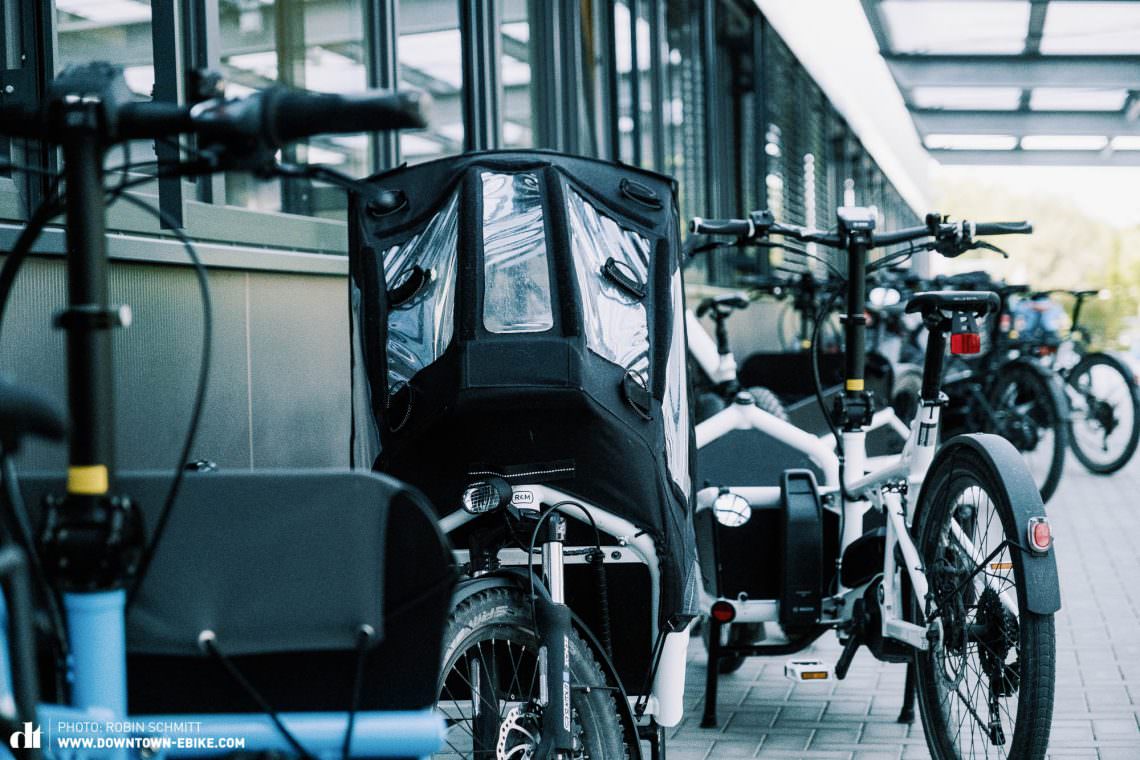
Words & Photos: Robin Schmitt


